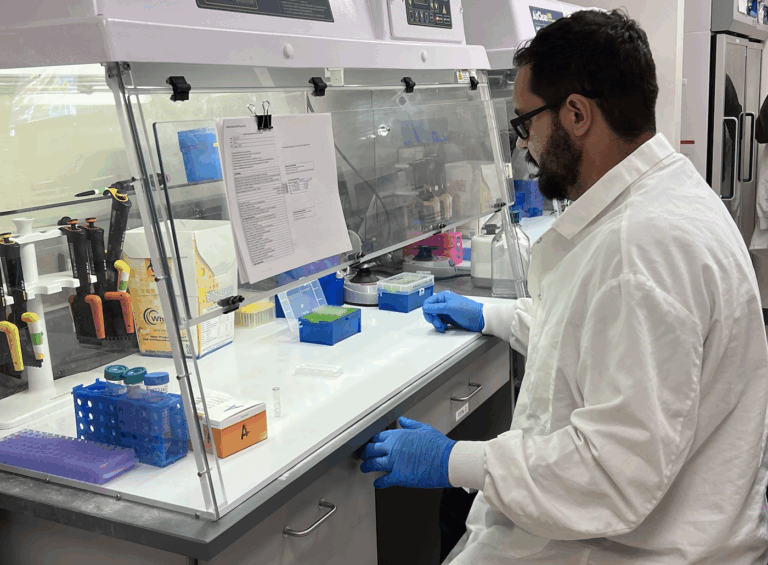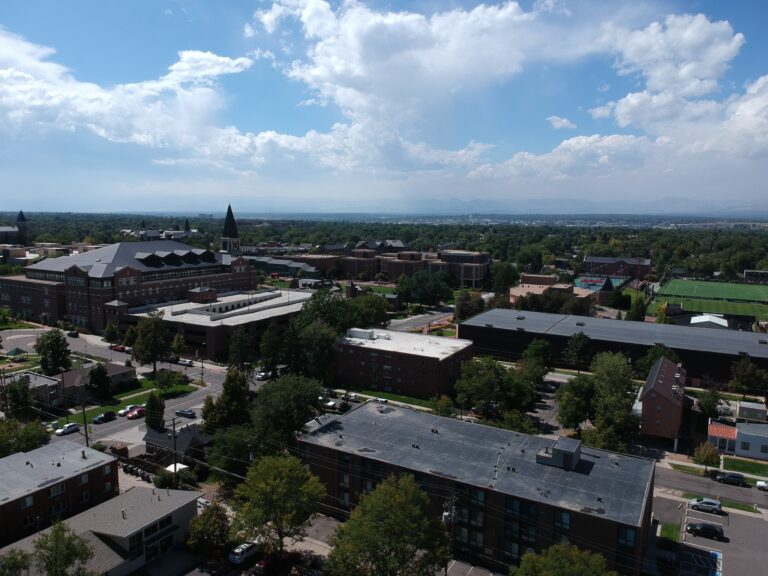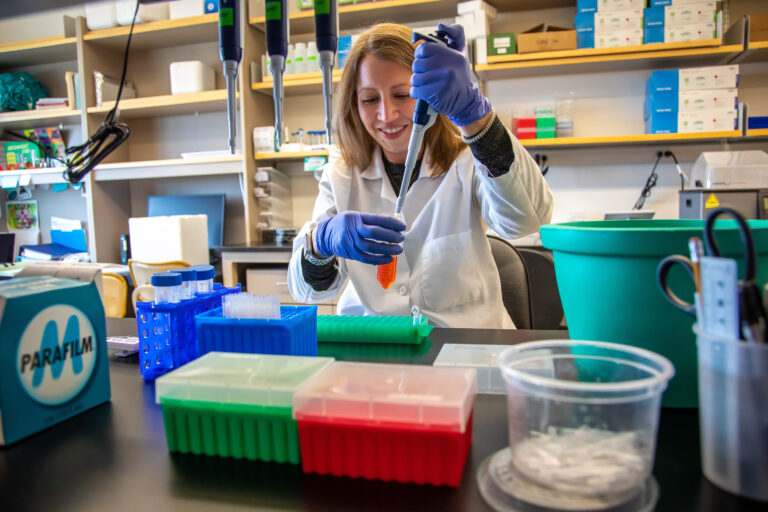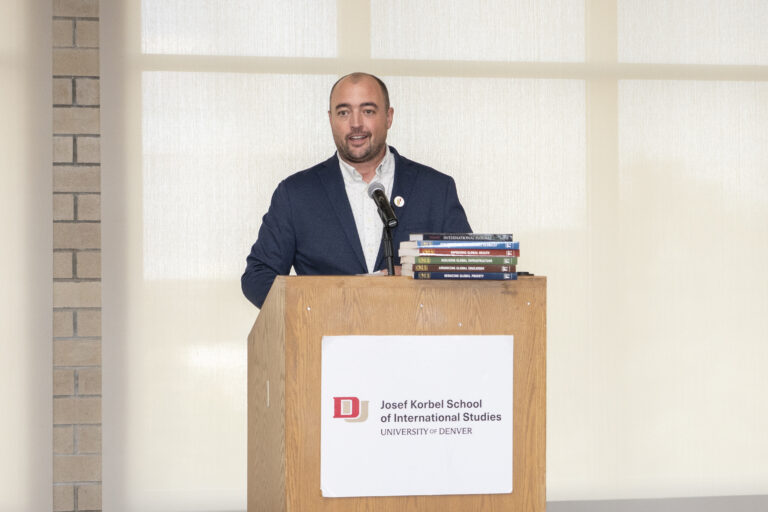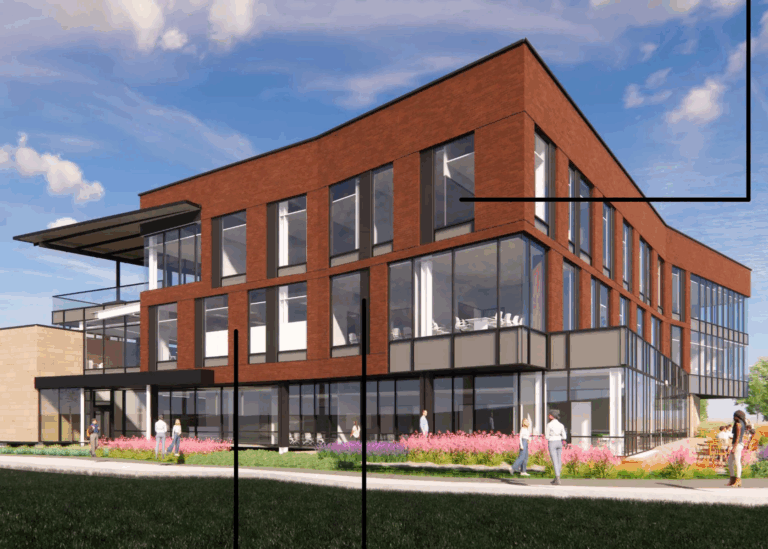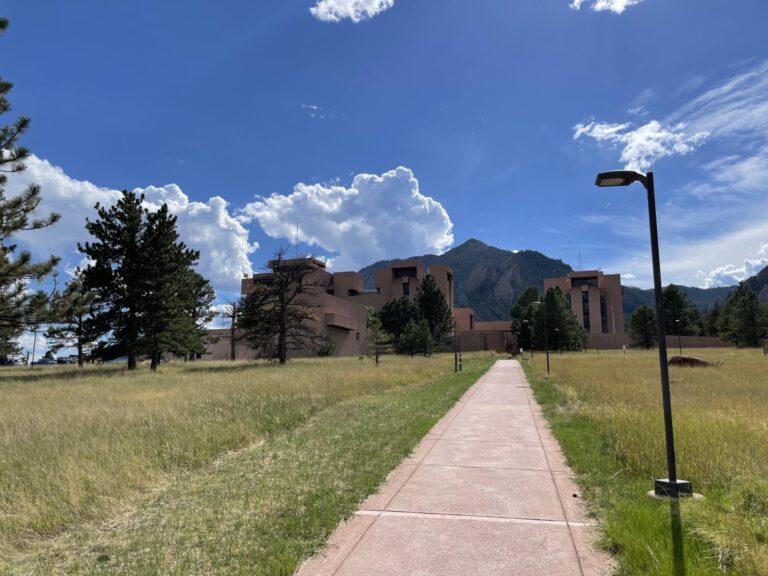FORT COLLINS — Colorado State University will construct a new academic building, the Don and Susie Law Engineering Future Technologies Building, with the aim of elevating engineering education for future generations.
CSU president Amy Parsons made the announcement during her annual Fall Address on Wednesday, attributing the $110 million fundraise to two major philanthropic gifts and an unprecedented investment from CSU students.
The vision for the building began in 2020 with a $10 million gift from CSU alumni Don and Susie Law, who have long supported the university’s engineering programs. Inspired by a $50 million contribution from existing student fees, the Walter Scott Family Foundation has pledged to match the investment with an additional $50 million, cementing the project’s future.
The 165,000-square-foot building, to be located east of the Lory Student Center on the site of the existing Glover Building, will serve as an interdisciplinary learning hub, featuring state-of-the-art classrooms, laboratories and innovation spaces. The facility will focus on the integration of digital technology and artificial intelligence, addressing how these fields are set to revolutionize engineering and related disciplines.
“The Law Building will be a transformational addition to the CSU campus. It will place our engineering programs among the very best in the country,” Parsons said. “Don and Susie saw the need for just such a building at CSU years ago, and we would not be moving forward with this project without their tremendous vision. Our stalwart supporters at the Scott Family Foundation have always believed in CSU and, more importantly, believed in our students. And our students made an impressive commitment not for themselves, but to ensure that future Rams benefit from a state-of-the-art learning environment.
“We are incredibly grateful for this unwavering support from the Laws, the Scott Family Foundation and our students,” Parsons said. “Together, these historic investments will further strengthen our national reputation for academic and research excellence across our institution, allowing us to recruit and retain the most talented students, faculty and staff.”
The Board of Governors for the CSU system will formally consider the project as part of its regular meeting this week. The university will continue to fundraise for the building.
When finished, the Law Building will bring together students from engineering, computer science and other disciplines across campus to study and apply digital engineering and artificial intelligence in partnership with industry.
Allen Robinson, dean of the College of Engineering, said the Law Building will create an hands‐on learning environment that will equip students with the modern skills they need to be leaders in their field.
“Our goal in this new building is to help equip all CSU students — not just engineers — to be innovators and leaders in areas like smart infrastructure, climate and weather prediction and environmental sustainability – all of which will become increasingly dependent on AI technologies in the future,” he said in a prepared statement.
Both the Laws and the Scott Family Foundation have longstanding ties to CSU. The Laws met at CSU in 1972, have supported numerous university initiatives and received CSU’s highest alumni honor, the William E. Morgan Alumni Achievement Award, in 2019.
“I can see this addition to the College of Engineering as being a catalyst to propel the school to a higher plateau in the realm of national engineering colleges,” Don Law said in a news release. “I was a first-generation college student. I am so appreciative of the terrific education I was afforded at CSU, and by the engineering college, specifically. It is an honor to pay it forward for the benefit of these and future students.”
The Walter Scott Family Foundation, CSU’s largest philanthropic partner, has contributed more than $116 million to the university. The Scott Scholars Program, established by Walter Scott Jr., has provided numerous scholarships for undergraduate engineering students.
“Walter viewed his giving to CSU as an investment in students’ education with the goal of ensuring they have access to educational opportunities and experiences that equip them to become leaders in their fields,” Calvin Sisson, president and CEO of the Scott Foundation, said in a prepared statement. “He also believed that students gain a deeper appreciation of the value of their education when they contribute to funding it. Our decision to make this new gift by matching the students’ commitment to the Engineering Future Technologies Building honors the students’ commitment to moving their campus forward.”
CSU anticipates that the new building will increase research expenditures and enable the enrollment of an additional 700 engineering students by 2032. The facility will also house the Scott Scholars Program and other cross-university academic units.
The new building will include facilities such as an Artificial Intelligence Makerspace, Digital and Physical Prototyping Labs and start-up garages to accelerate student and faculty technology innovation and entrepreneurship. The facility will house 10 new faculty hires in all engineering disciplines with expertise in AI.
The building will also house the Scott Scholars Program and cross-university academic units such as the forthcoming Construction Engineering degree program, set to welcome the first cohort in fall 2025.
CSU student Stephen Laffey is the chair of the University Facility Fee Advisory Board, which gave final approval for the $50 million student-fee donation in September. He said the investment from CSU students will enhance the campus for years to come.
“This building project reflects what students want: updated, highly functional spaces that support learning and community,” Laffey said. “It also allows us to uphold the tradition of ‘paying it forward.’ Just as previous students paid increased fees for buildings which we now benefit from today, we are doing the same for future Rams.”
The Law Building will also eventually anchor a “technology quadrangle” to be built on campus in the coming decade. Robinson envisions the quad as a combination of new buildings and open spaces that would link researchers and students working together on AI and other digital technologies with partners in the College of Natural Sciences and Warner College of Natural Resources, where the technology is likely to become commonplace.
“The goal is to create a shared space for disciplines – traditional strengths of this university – to stimulate research and collaboration around AI,” Robinson said. “For now, our foc
Author
-
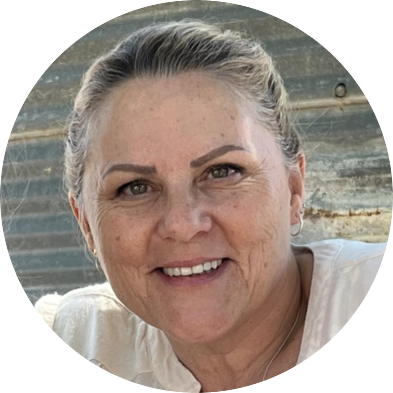
Sharon Dunn is an award-winning journalist covering business, banking, real estate, energy, local government and crime in Northern Colorado since 1994. She began her journalism career in Alaska after graduating Metropolitan State College in Denver in 1992. She found her way back to Colorado, where she worked at the Greeley Tribune for 25 years. She has a master's degree in communications management from the University of Denver. She is married and has one grown daughter — and a beloved English pointer at her side while she writes. When not writing, you may find her enjoying embroidery and crochet projects, watching football, or kayaking and birdwatching on a high-mountain lake.
View all posts
